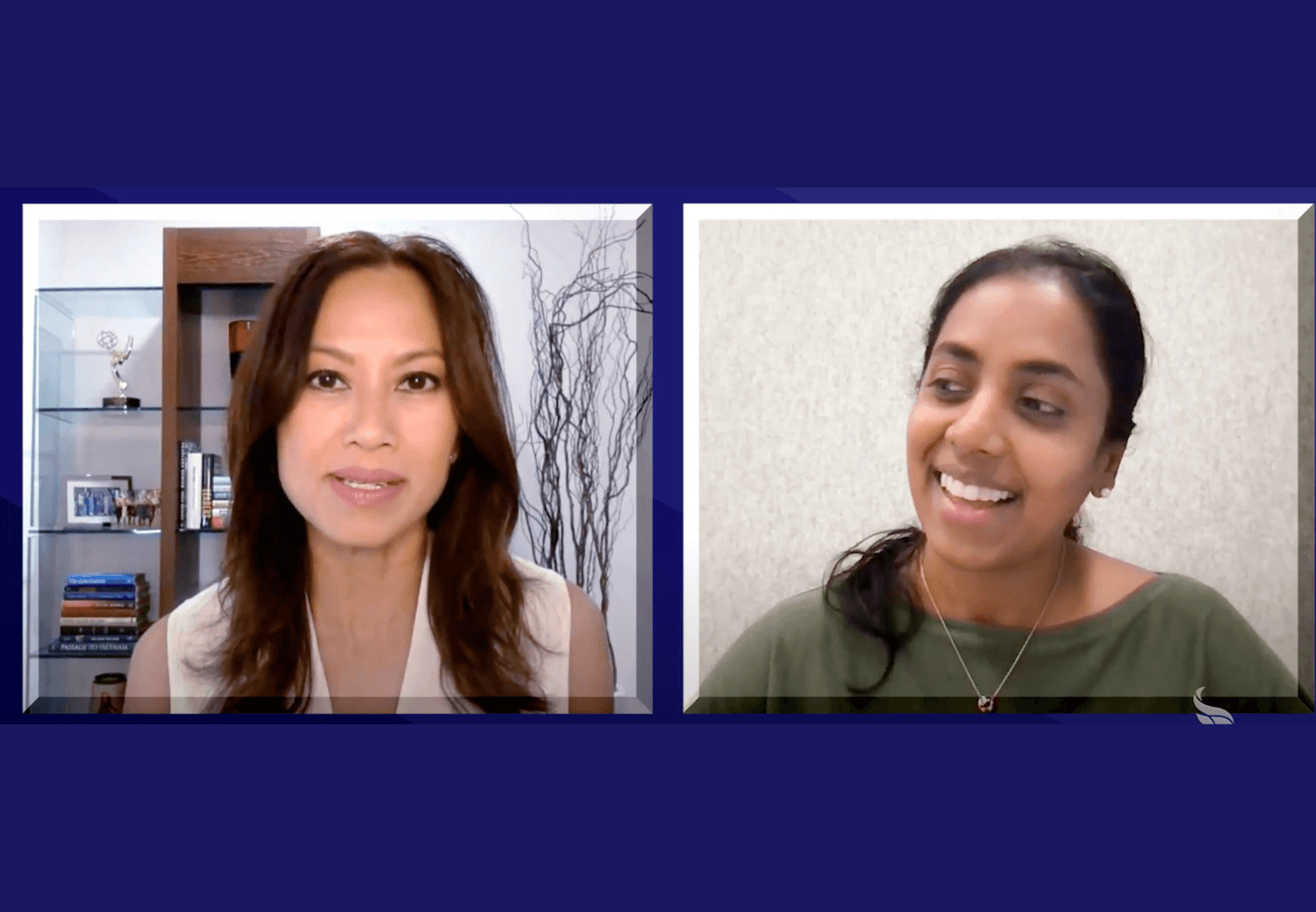Diversity & Inclusion Leading Change Risk & Resilience
Overcoming Gender Bias
Sandy Venugopal
07.17.23
Unfortunately, deep-seated biases impacting women in the workplace are nothing new and all too common across various industries. In this clip, Sandy shares her experiences with unconscious bias at work, even when as she puts it, her colleagues mean “no ill intent.”
Summary:
Unfortunately, deep-seated biases impacting women in the workplace are nothing new and all too common across various industries. In this clip, Sandy shares her experiences with unconscious bias at work, even when as she puts it, her colleagues mean “no ill intent.”
Thuy

Sandy Venugopal
Thuy




